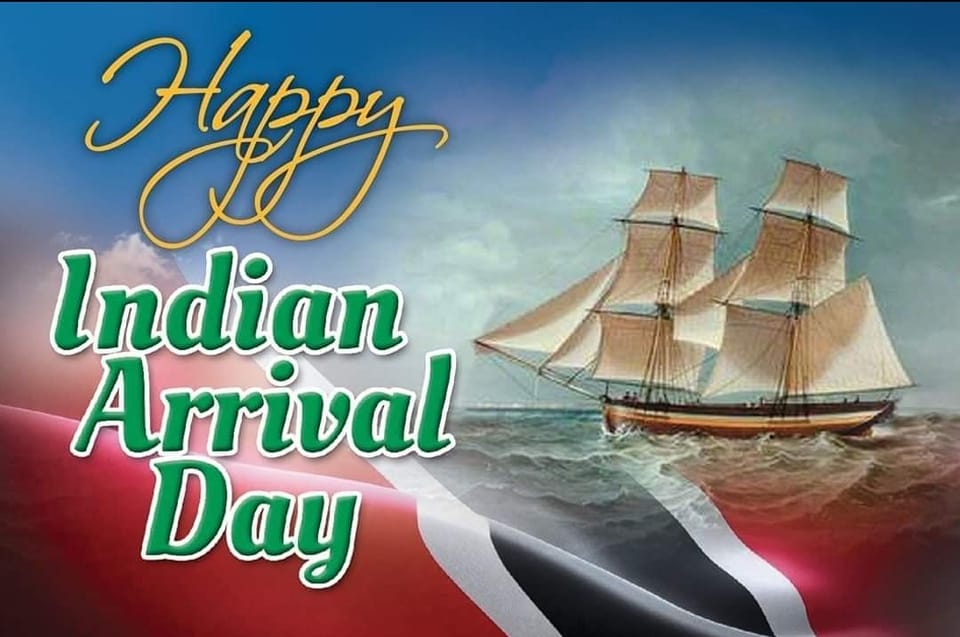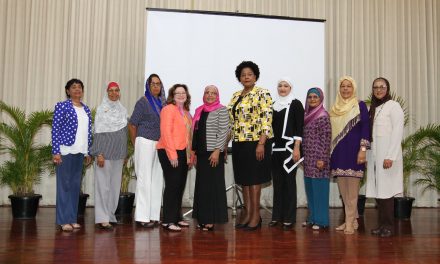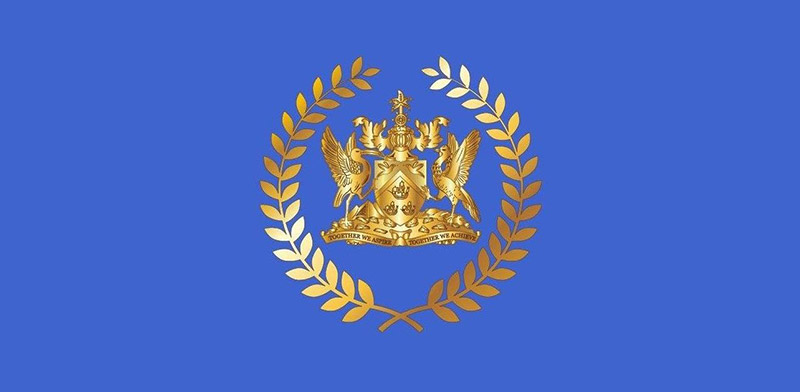The arrival at the Port of Spain harbour on 30th May, 1845 of the Fatel Razack signalled the beginning of a significant chapter in the history of Trinidad and Tobago. 225 passengers disembarked to survey their adopted homeland, exhausted from their long and arduous journey over the treacherous kali pani, yet buoyant with hope and expectation for the future. They were the first of over 143,000 Indian indentured labourers who came to this country over an ensuing period of 72 years, until 1917, to work on sugar and other agricultural estates, forever transforming the social and cultural landscape of our nation.
On Indian Arrival Day, we celebrate the legacy of those dauntless immigrants who brought with them their cultures, traditions, values and mores as well as the drive and determination to forge a better and brighter future for themselves and their offspring. Although they faced harsh working and living conditions, meagre wages and rampant discrimination—even after the end of the indentureship system—they persevered, remaining fiercely committed to their customs and beliefs and sacrificing tremendously to achieve their goals. They triumphed over adversity and they made this country their home.
Trinidad and Tobago has benefitted enormously and been enriched in many ways, the tangible and intangible, by the sacrifices and contributions of the people who came, persevered, and prospered, in so doing helping forge a stronger, more diverse society. Among the most enduring lessons that their arrival and their way of life have taught us, are the power of commitment and the importance of resilience.
Let us therefore use the occasion of Indian Arrival Day to do more than reflect on the experiences of our Indian forebears. Let us also go beyond reflection, and let each of us adopt, in our own lives, their ability to endure and overcome even the harshest of circumstances and press on through times of difficulty with fortitude, resolve and courage. Let us honour the memories of those who gave their lives for future generations by embracing the cultural diversity and heritage to which they richly contributed, and resisting all forms of division and discord.
Together, and in their memory and honour, let us rise to this moment in our country’s history, strong and resilient in the face of all of our modern-day challenges – poverty, crime, misogynism and intolerance. Let us, like those 225 passengers who walked off of the Fatel Razack and into a future which we now call the present, step forward, united in our commitment to stare down any and all challenges, to teach our children the meaning of resilience, and to show the world why Trinidad and Tobago, despite all of its adversities, is still the most amazing nation on the face of planet Earth. Let us all, as they did, re-commit to making this country our home.
I extend sincere wishes to all citizens of Trinidad and Tobago for a safe and joyous Indian Arrival Day.







